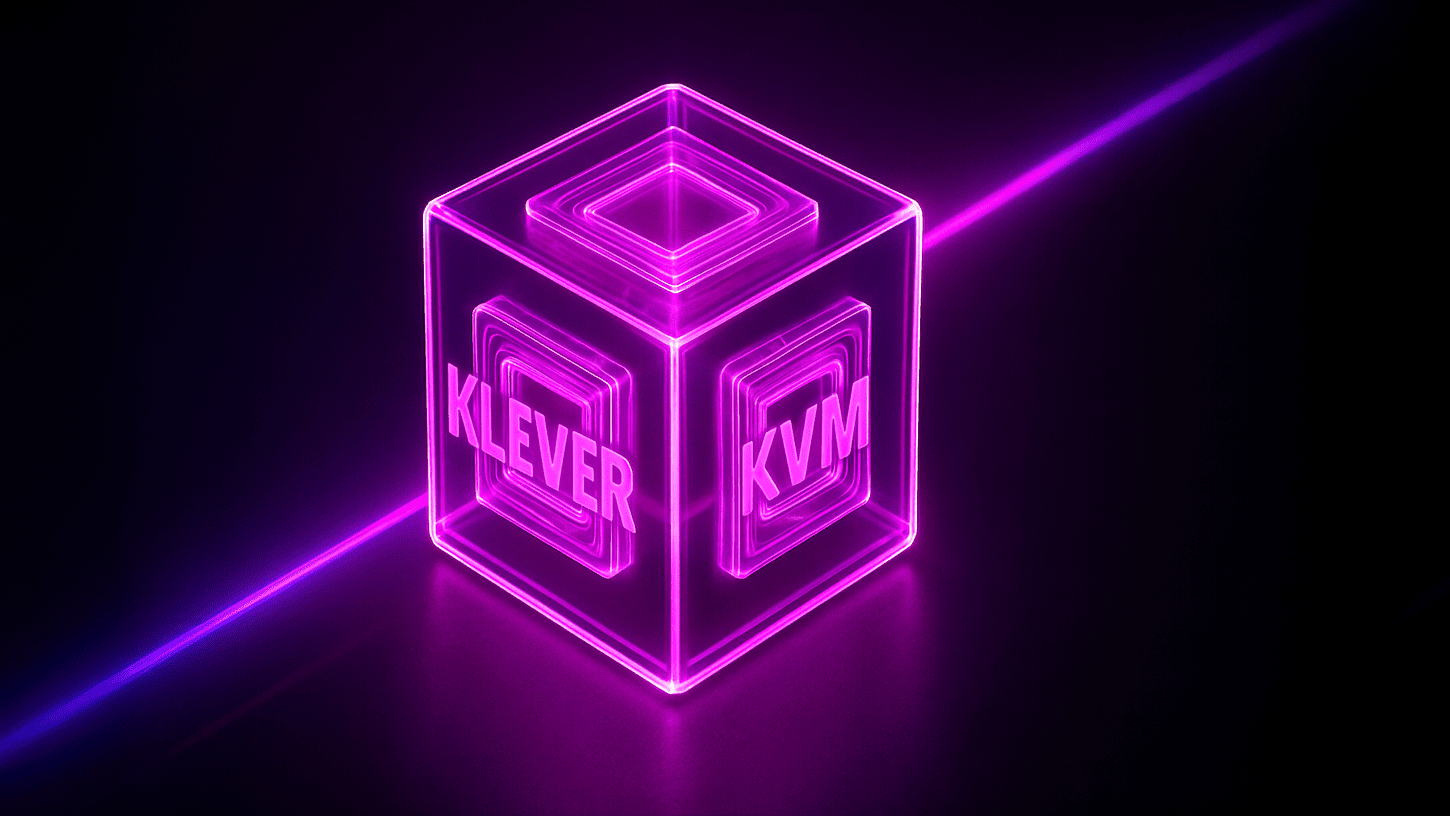Craif’s miSignal Test Aims to Make Cancer Detection Easier, Faster, and Cheaper

A breakthrough in early cancer detection could soon change how millions approach preventative healthcare, and it starts with a simple urine test.
Craif, a biotech startup from Nagoya University in Japan, has developed miSignal, an AI-powered diagnostic tool that detects cancer at very early stages using microRNA (miRNA) analysis from urine samples, offering a non-invasive, accurate, and accessible alternative to traditional blood tests.
Unlike other early detection methods that rely on cell-free DNA (cfDNA) from blood, Craif’s approach taps into proactively secreted microRNA molecules known for their crucial role in cancer biology.
The company’s method is scientifically advanced and highly practical: urine collection is simpler, less error-prone, and significantly cheaper than blood draws, enabling at-home testing without the need for specialized clinics.
With miRNA biomarkers gaining global recognition, especially after being linked to the 2024 Nobel Prize, Craif’s innovation is poised to push early detection into a new era of ease, affordability, and accuracy.
$22 Million in Funding to Expand into the U.S.
Building on its scientific success, Craif has raised $22 million in Series C funding to fuel its expansion into the U.S. market and accelerate research and development.
The round, led by X&KSK and joined by new investors like Unreasonable Group, TAUNS Laboratories, Daiwa House Industry, and Aozora Bank Group, brings the company’s total funding to $57 million, with a valuation approaching $100 million.
The infusion of capital will enable Craif to scale clinical trials, deepen its technological capabilities, and establish a strong operational foothold in the United States, beginning with an R&D lab in Irvine, California, and an upcoming business office in San Diego.
Craif has already initiated collaborations with 30 medical institutions across 15 U.S. states, collecting pancreatic cancer samples as it moves toward FDA trials targeted for completion around 2029.
A Personal Mission Behind the Innovation
Craif’s mission is deeply personal for CEO and co-founder Ryuichi Onose, whose grandparents’ cancer diagnoses fueled his drive to develop a better solution.
Partnering with Takao Yasui, an associate professor at Nagoya University, Onose co-founded Craif to make early cancer detection simpler, faster, and more accessible for everyone, especially health-conscious individuals who face barriers like cost, time, or clinic access.
Their solution, miSignal, can detect the risk of seven types of cancers, including pancreatic, colorectal, lung, stomach, esophagus, breast, and ovarian cancers, from a simple urine sample. It delivers results powered by cutting-edge AI interpretation of miRNA profiles.
Strong Results in Japan Fuel Confidence
Craif’s miSignal Test is already available in Japan through over 1,000 medical institutions and 600 pharmacies, with about 20,000 users served to date.
The company offers both single-test options and subscription models, making regular cancer screening far more feasible for everyday users.
In 2024 alone, Craif generated $5 million in revenue, with projections to hit $15 million by the end of 2025.
Building on this momentum, Craif plans to expand miSignal’s detection capabilities to cover ten types of cancer and explore new applications, including early detection of non-cancerous diseases like neurodegenerative disorders.
Redefining Early Detection: One Simple Test at a Time
Craif’s use of urine-based microRNA analysis combined with AI and home-based convenience offers a compelling new path for early diagnosis.
As it pushes into the U.S. market with fresh funding and a clear scientific edge, Craif is not just expanding geographically; it’s aiming to redefine what early detection looks like for the world: simpler, faster, cheaper, and accessible to all.






